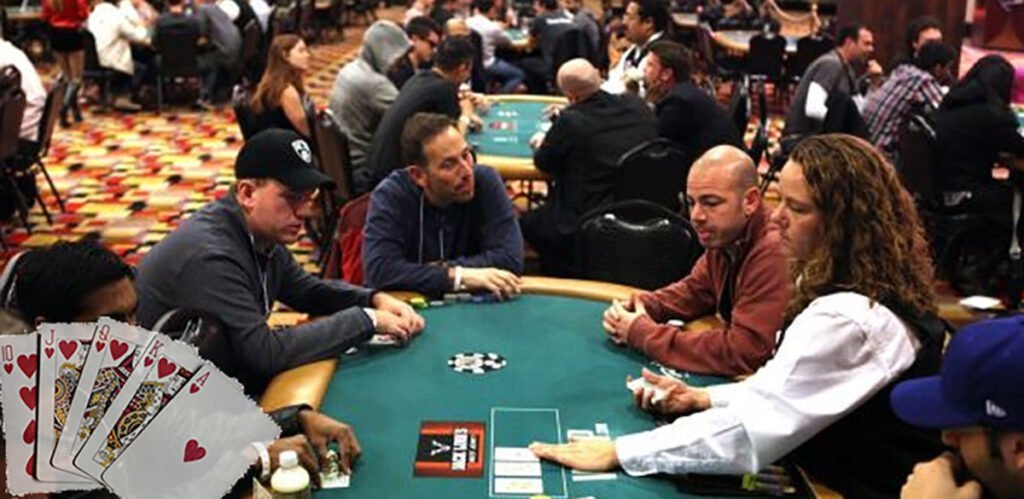When it comes to poker and friends, there’s not so much on the line. Whether you’re betting with matchsticks, monopoly money, or loose change there’s probably no life savings hanging in the balance. Some players might feel the urge to cheat! So how do you spot this and ensure that you don’t get scammed on bigger tables?
Collusion and communication
While at a table, it’s important to ensure that none of your fellow players are communicating with each other about their cards. Of course, in a friendly setting, it would be a bad idea to stop all forms of talking but you want to ensure that nobody is covertly talking about their cards. I.e. One player might say he’s had four heart attacks in the past and another reply, or another player made add that she loves her new necklace because it’s got seven diamonds in it. Also, ensure that there are no whispers or that players are texting each other.
If there are other people in the house while you are playing poker, be sure that they aren’t interfering with the game. It’s a common trick for the host’s housemate to make a drink, peer at everyone’s cards, and inform the host if they have a good hand or not when compared to everyone else.
While harder to gauge, it’s important to ensure that non-verbal communication is not taking place. Whether its nods, winks, facial expressions or gestures – ensure that players aren’t making cryptic messages to one another.
Untoward dealing
It’s always a good idea to watch the person who is dealing out the cards. As they are most likely playing as well, it’s a good idea to ensure that they aren’t giving themselves the best hand all the time or consistently handing out royal flushes to someone they’ve allied with. If you notice that the same people keep getting good hands, there’s something afoot. One way to combat this is to ensure that the dealing duties are rotated after every hand, meaning that any collusion is stopped.
A player always has good hands
Sometimes a player can consistently have good cards that often win hands. Sometimes it is through untoward dealing or if the player is providing his cards. This can be done by bringing additional high-value cards to the party and storing them in a pocket or up one’s sleeve. If you see a player often reaching into his jacket, it could be that he’s pulling out an ace of his own.
The ways to combat this are relatively simple. Ensuring that everyone empties their pockets or that everyone participating has a sleeve-free attire might be extreme actions but very effective. Another method is to use a bespoke or unusual set of cards, meaning that rogue cards would be easily detected. I.e. not using a classic set of cards, but instead using a themed deck.
What to do when you detect cheating
This all depends on the setting of the poker table. If it’s a friendly game between friends, you can probably laugh it off and tell them not to do it with little issue. If it’s in a casino or more serious setting – be sure to exit the table at the next available point, while not alerting the others that you’ve sussed that they are cheating.
Online poker doesn’t have the same issues
If you consistently find yourself playing with knaves who often try to circumvent the pre-determined rules, then you could play poker online. What it lacks in physical company, it makes up for being much fairer. Poker sites regulated by your state must work to tight rules that are executed within every hand, meaning that the site won’t stand for cheating and you won’t find better choices than these sites here.
In addition, it’s very hard to cheat on online poker. As players can’t hand out the cards or have any access to seeing the player cards, the virtual world is a lot less susceptible to being rigged. Some nefarious people’ve made bots to try to skirt the rules but these are usually difficult to work and unsuccessful.
